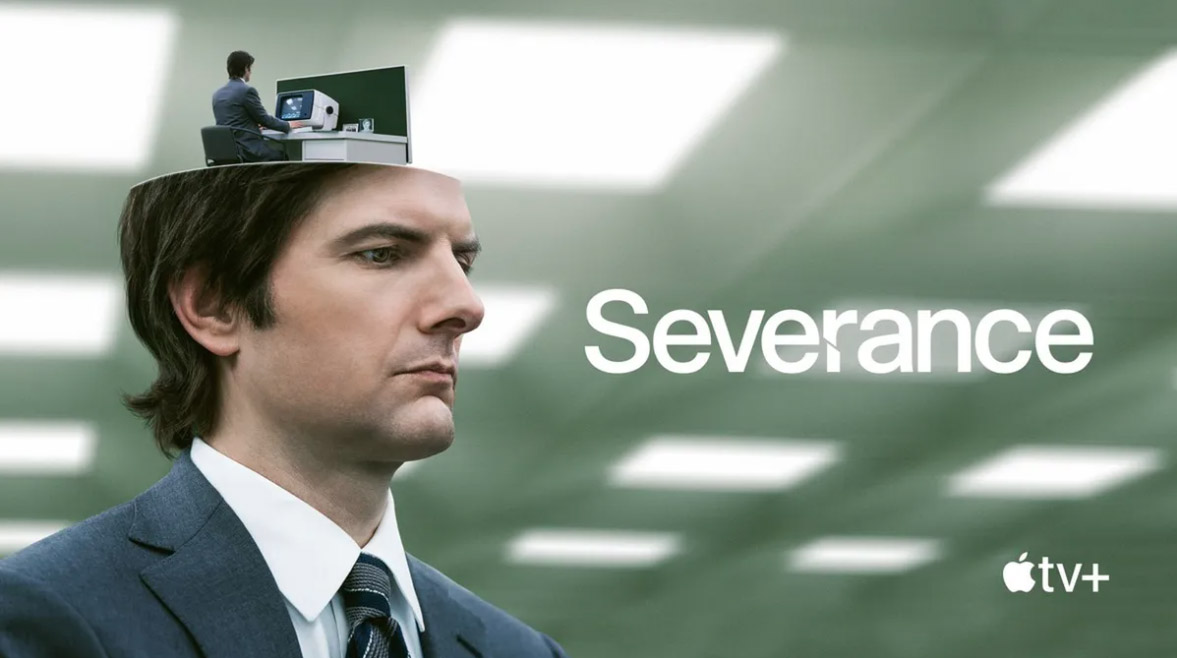It is Monday morning. You shut off your phone’s alarm. After taking a quick shower, you grab last night’s leftovers as baon. You leave earlier than usual to beat the rush hour. Dealing with a cranky client is your first agenda of the day. As you sift through your emails, you think of your monthly bills and loan payments. At six o’clock, you head home. You have your dinner after taking a shower. Feeling exhausted, you go to bed — only to realize that you will do it all over again the next morning.
Now imagine the possibility of separating your personal life from your work life.
When you reach the elevator at your office, you forget your outside identity. You do not recall your bills, family issues, or failed relationships. Your sole task is to work for the next eight hours. By the time you alight the elevator at the end of the day, you remember who you are. But you do not recall what you do at work, your cranky client, and whom you work with.
If you are given a choice to separate your personal life from your work life, will you do it?
Such a scenario is the premise of Apple TV+’s dystopian mystery series, Severance. The Emmy-nominated series tells a gripping tale on the fictitious Lumon Industries, a powerful biotech company that offers its employees an opportunity to undergo “severance”: a surgical procedure that divides an employee’s personal memories from his work memories. ‘Severed’ employees are paid generously to participate in this monumental albeit controversial endeavor.

Mark, the protagonist of the series, voluntarily signed up for Lumon’s severance program to overcome his wife’s fatal car accident. We see Mark crying in his car as he remembers his wife’s death in the pilot episode. But as soon as he steps inside the elevator at the office, his face chillingly transforms from a sorrowful husband to an aloof corporate staff.
The first part of the series sheds light on Mark’s inability to achieve work-life balance. In literature, work-life balance has emerged as an important factor in the overall well-being of an employee. Researchers describe work-life balance as (1) managing one’s role in work and nonwork life and (2) ensuring that there is no overlapping of the two roles. Employees who achieve work-life balance tend to be more productive.
According to Talent Trends 2022 Report, more than half of the Filipino employee respondents chose better work-life balance over higher pay and or promotion. As companies transitioned to work-from-home set-up, the line between professional and personal lives has become fuzzy. The number of office group chats has increased, lengthy online meetings have become prevalent, and receiving emails on a Sunday has become the norm.

My former company advocated for work-life balance. The term was repeatedly highlighted in news announcements and town hall meetings. Work-life balance posters were plastered at the office. And yet, my teammates and I would find ourselves going to the office on holidays or working long hours to meet our client’s expectations. Taking a break on a weekend was just a figment of our imagination.
If I were given a chance to undergo “severance” while I was still part of that company, I would probably volunteer.
In this regard, I understand why the series’ protagonists will undergo a bizarre procedure. Their options to cope with their personal and work issues are limited.
Severance can be considered as an existential horror TV series not because of its peculiar characters, its eerie soundtrack, or its claustrophobic office scenes. What makes it terrifying is the likelihood that it can actually happen in real life. Greed-driven companies can produce human robot slaves under the guise of a work-life balance option.

But it should not be the case. Organizations are obliged to provide ethical work-life balance programs. Managers should set healthy boundaries between professional life and personal life. Employees should not undergo drastic procedures to be productive at work. Employees are expected to be professionals, and they have the right to take some time off on non-work days.
As the saying goes, there is more to life than our work.









